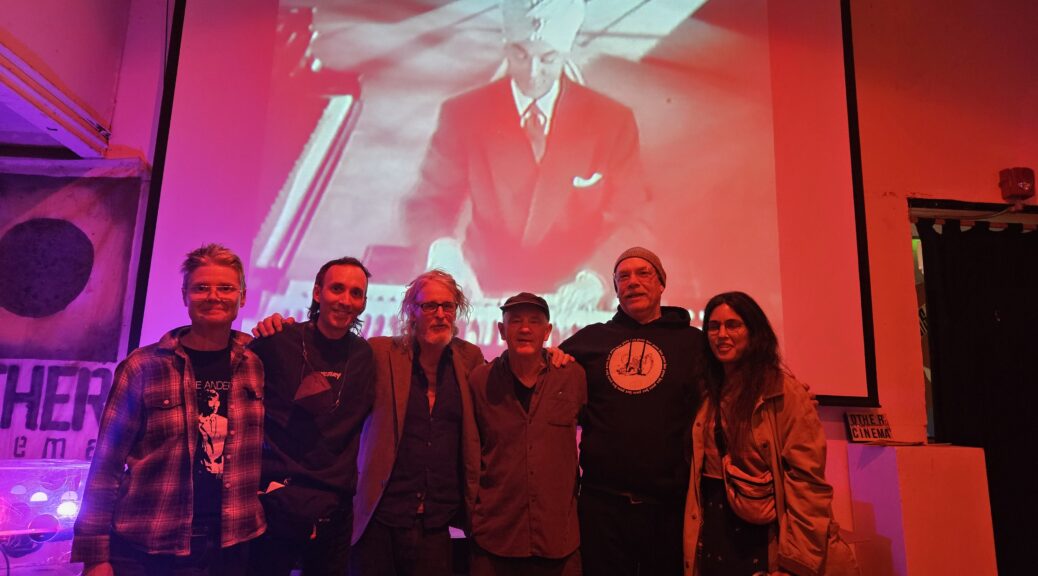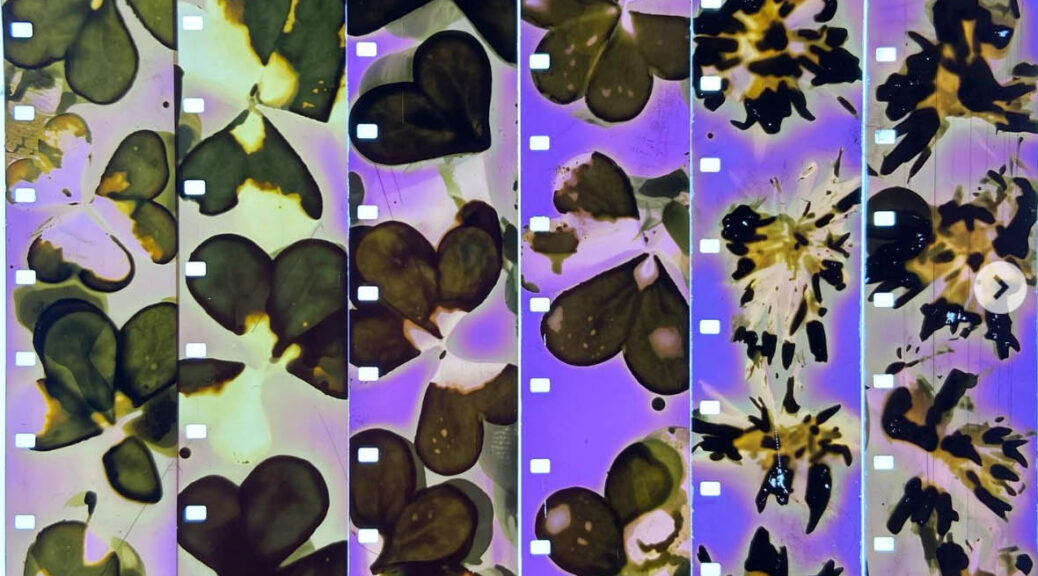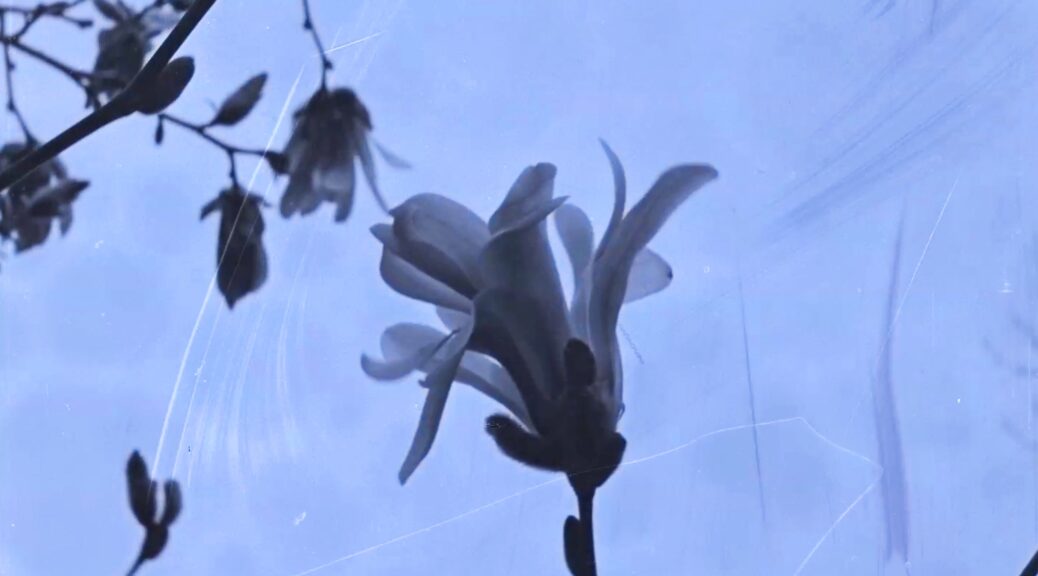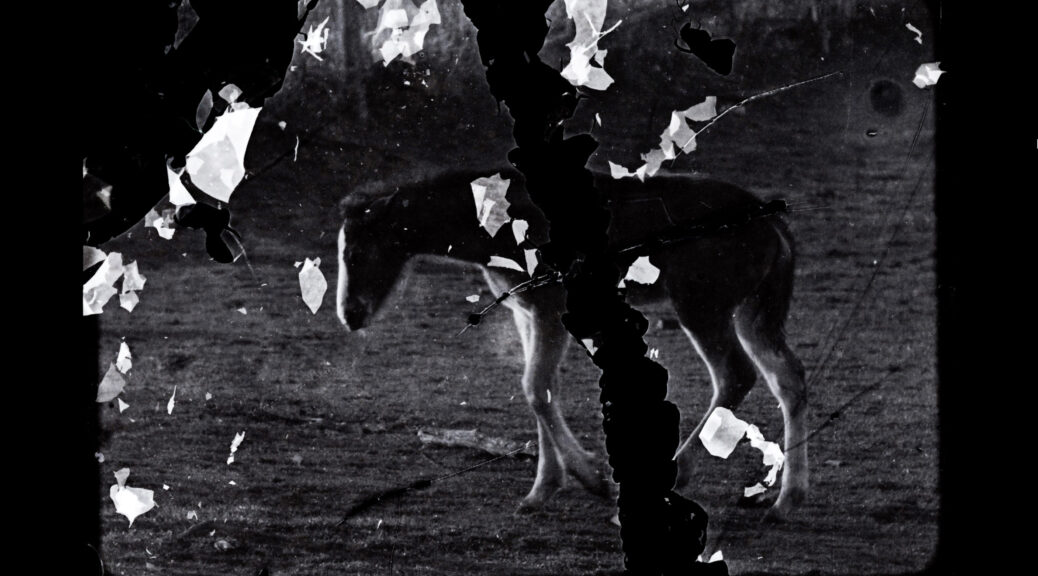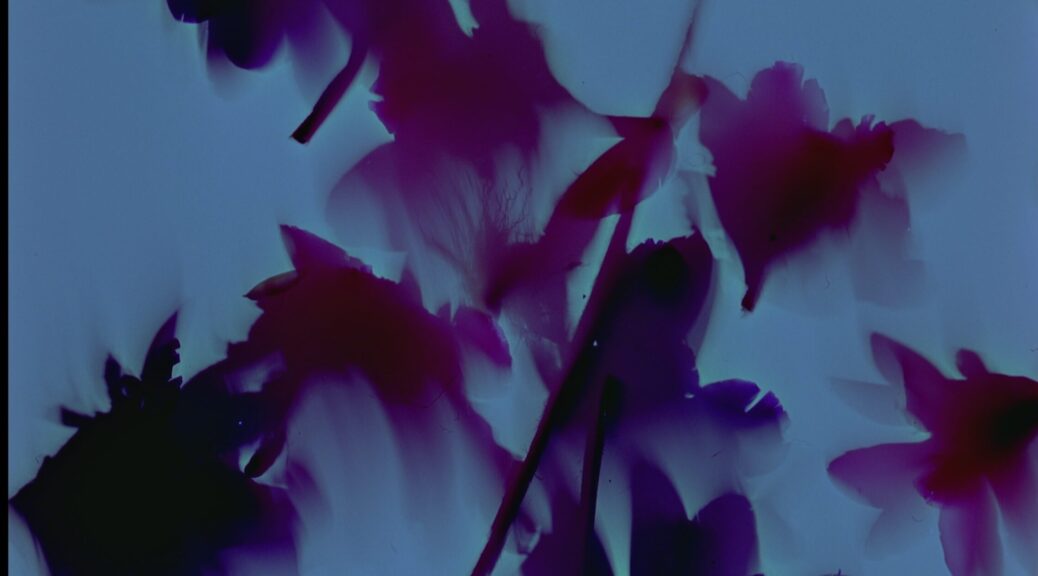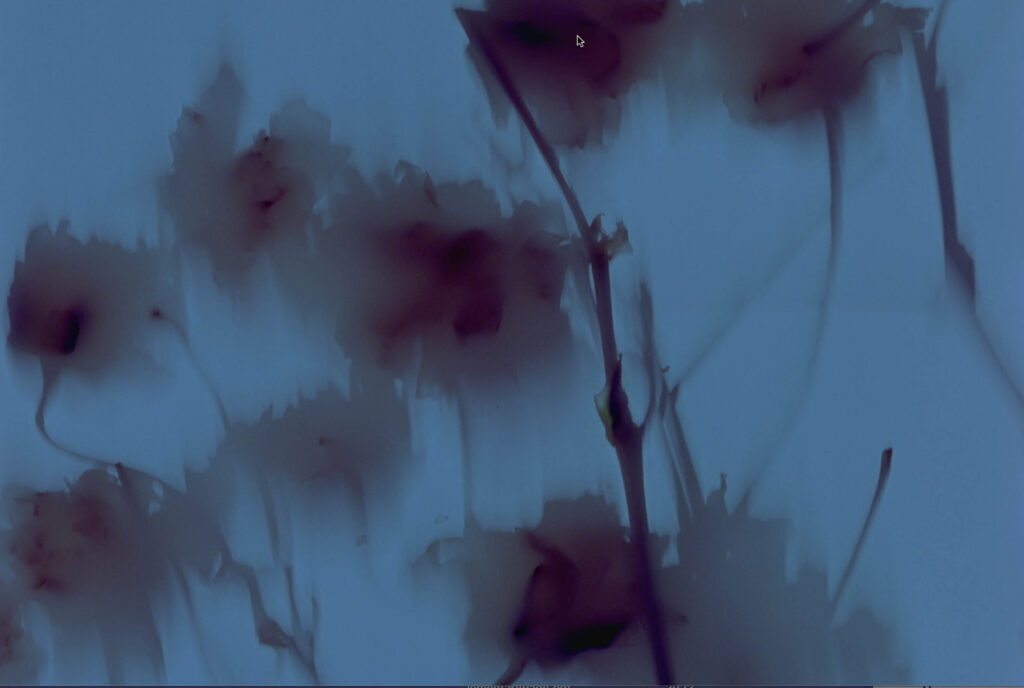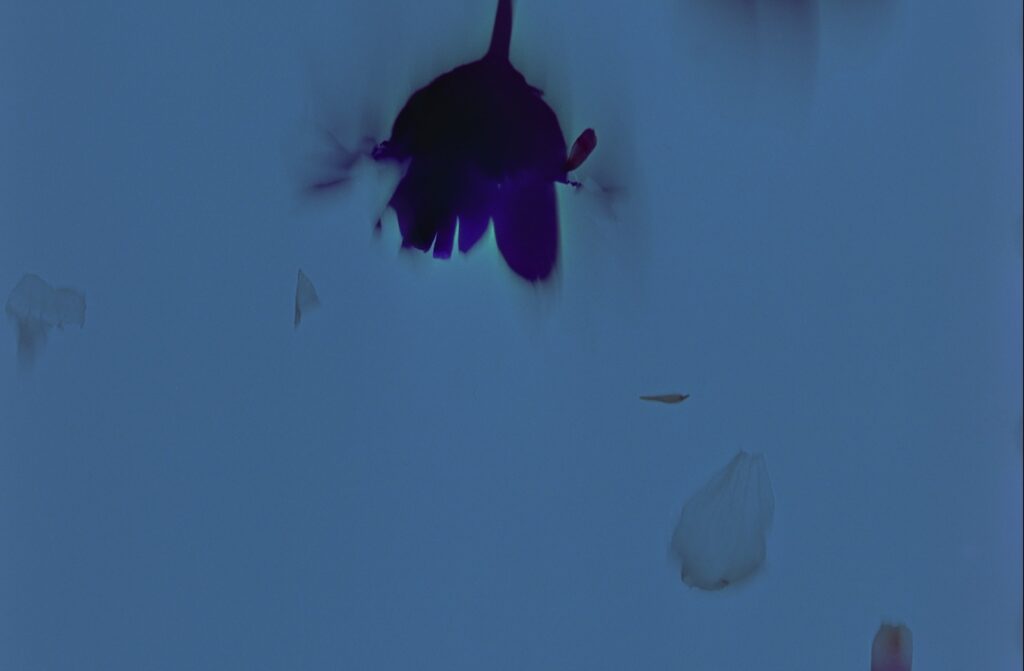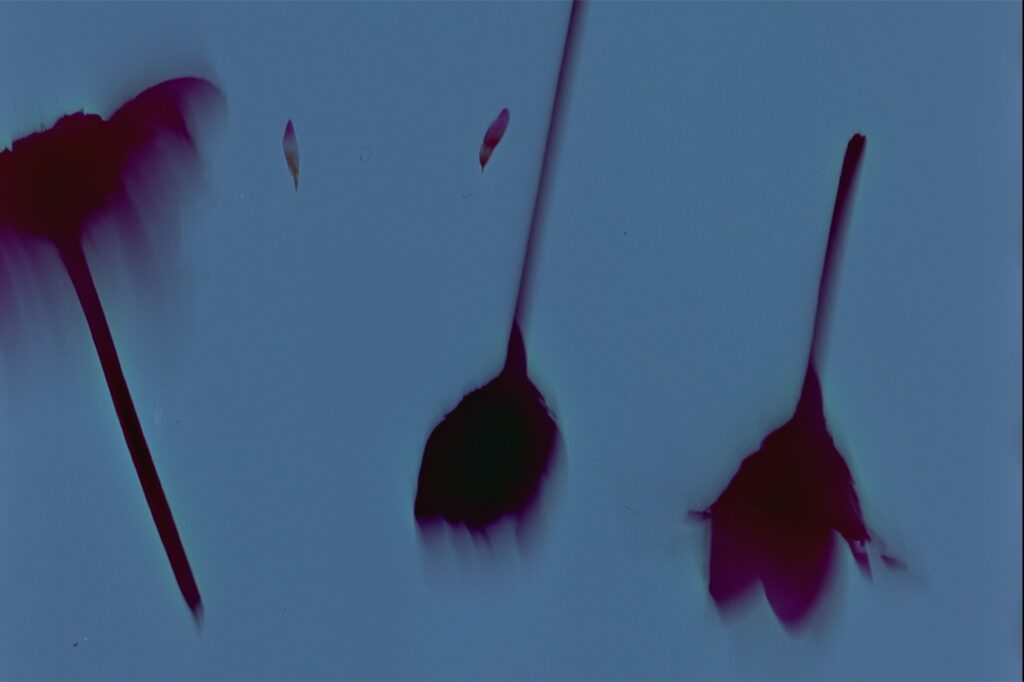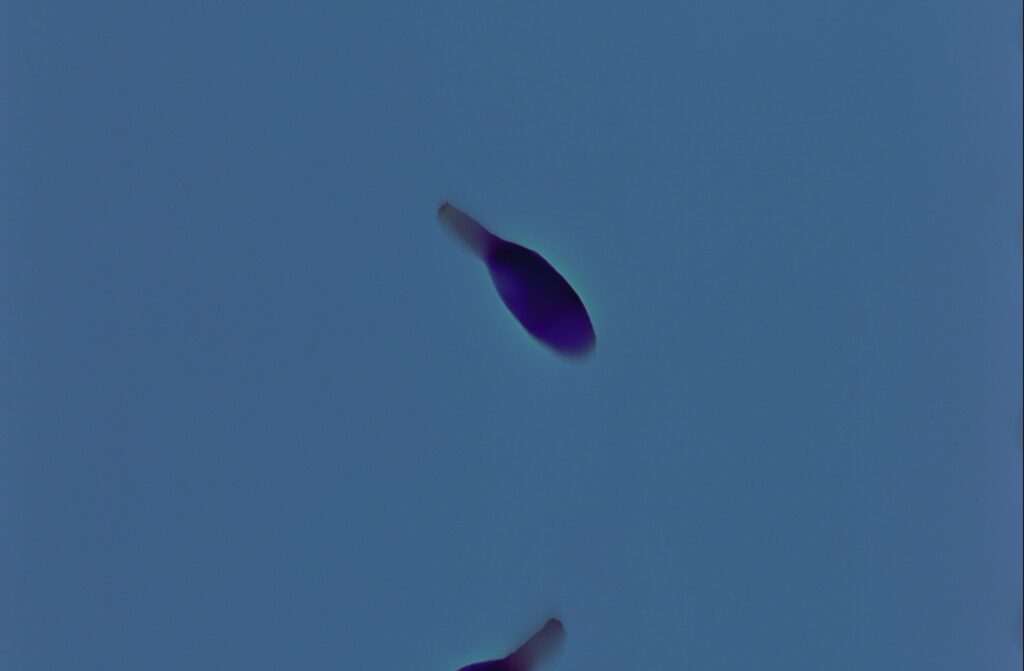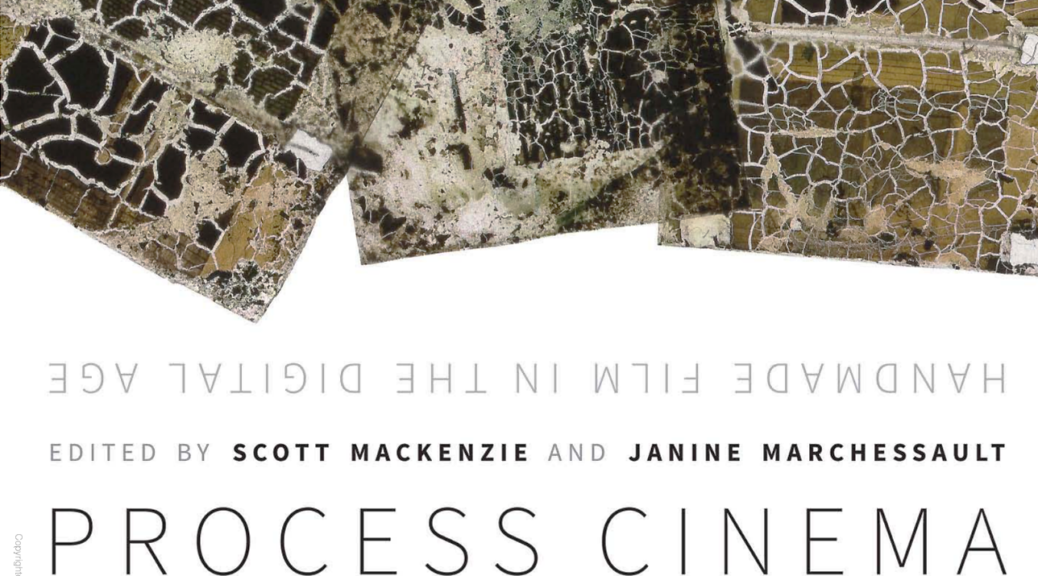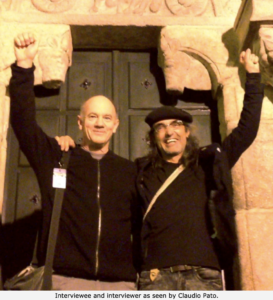All posts by Phil Hoffman
MIXING UP THE MEDICINE: FILM FARM 30TH ANNIVERSARY
@ OTHER CINEMA SAN FRANCISCO SEPT 21 2024
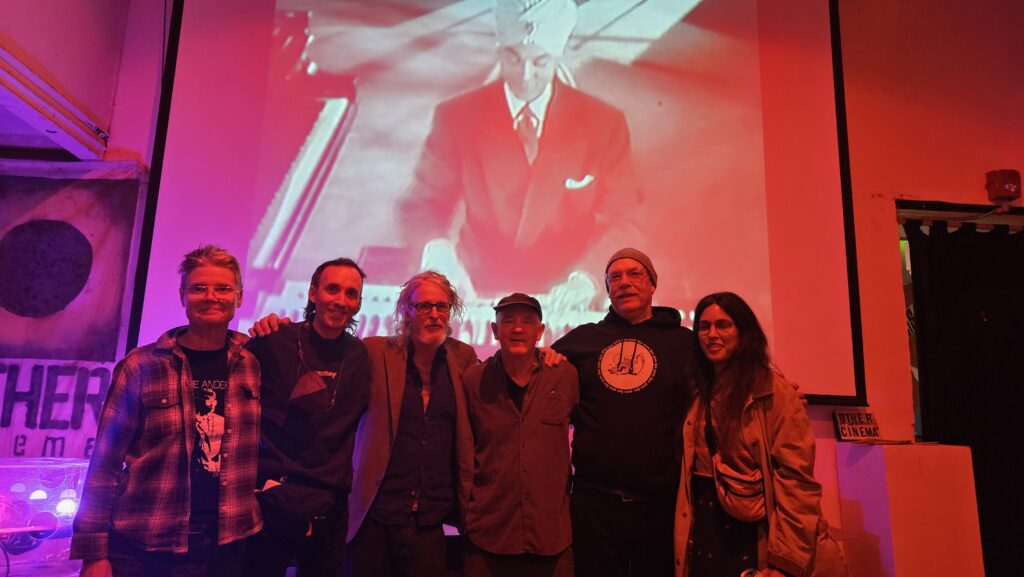
Other Cinema Screening of Film Farm Films
Archive tour with Craig Baldwin September 21, 2024!
CANYON CINEMA SALON, SAN FRANCISCO
vulture & Film Farm Films (by Maïa Cybelle Carpenter & Markus Maicher). Program curated by Brett Kashmere: Continue reading MIXING UP THE MEDICINE: FILM FARM 30TH ANNIVERSARY
Brasil Tour 2023
Hoffman Screenings at Strangloscope Fest, Curitiba Cinematheque, and 1666 Festival, Sao Paulo:
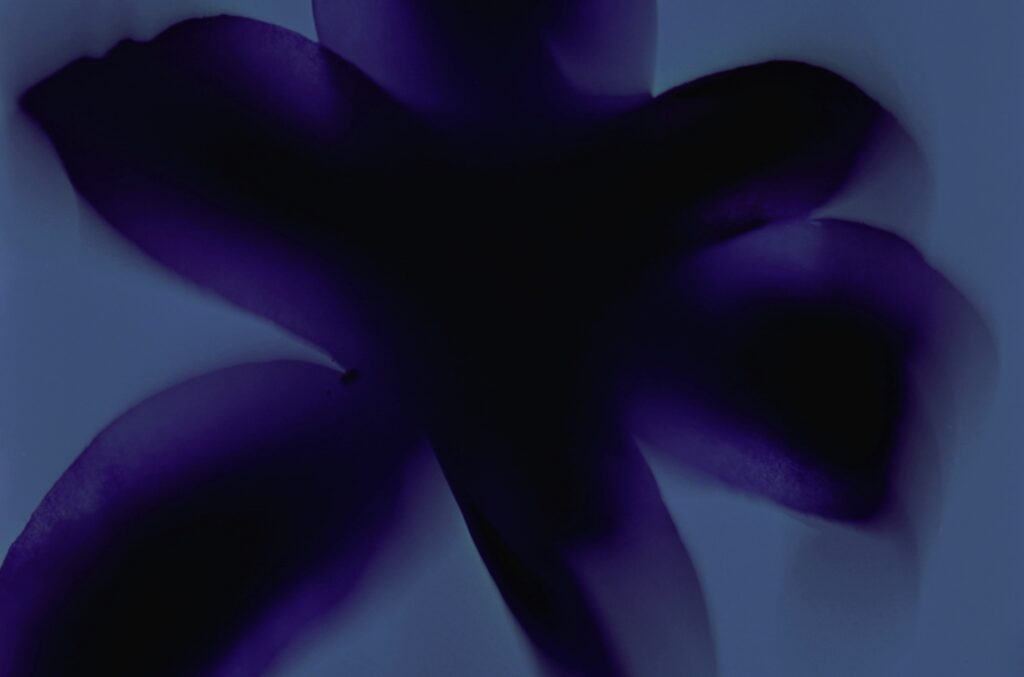
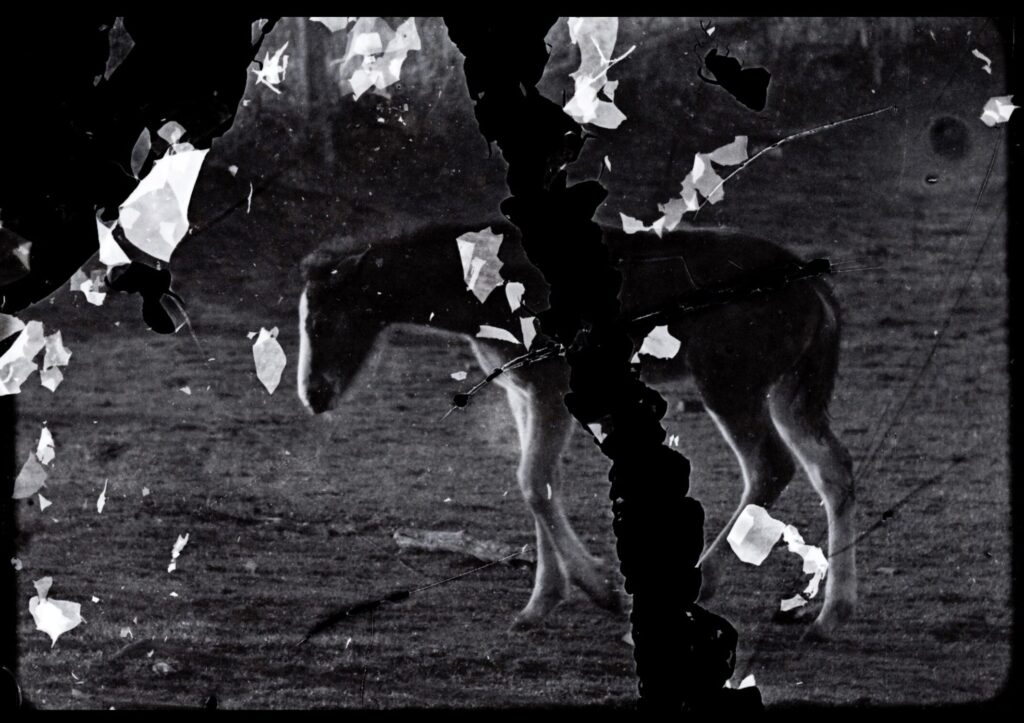
Flower Power and the Language of Animals
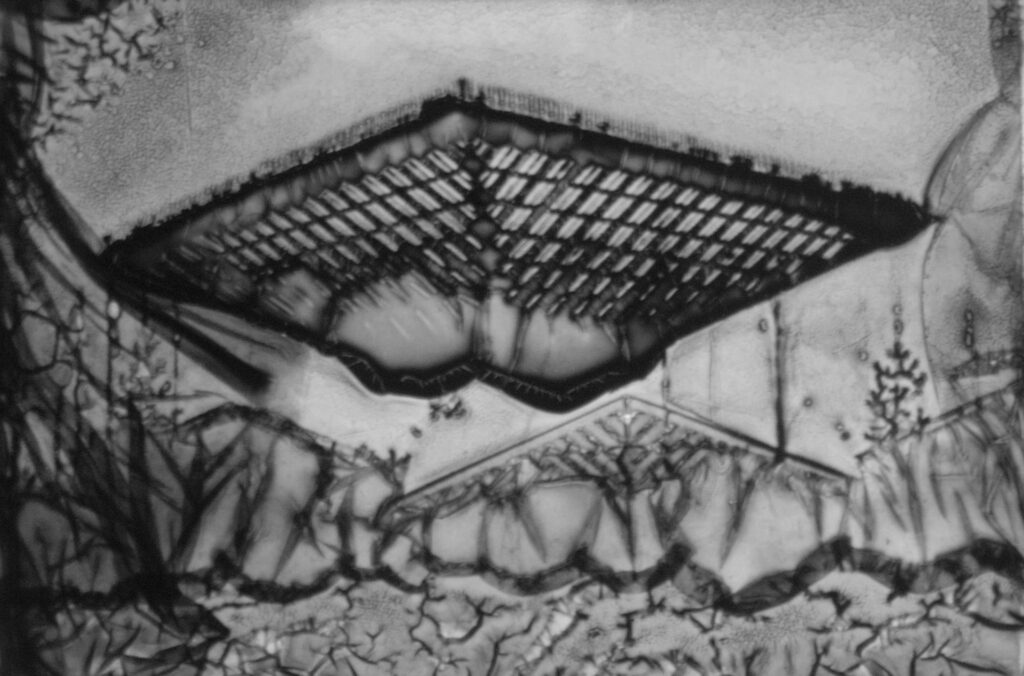
Film Farm Brasil
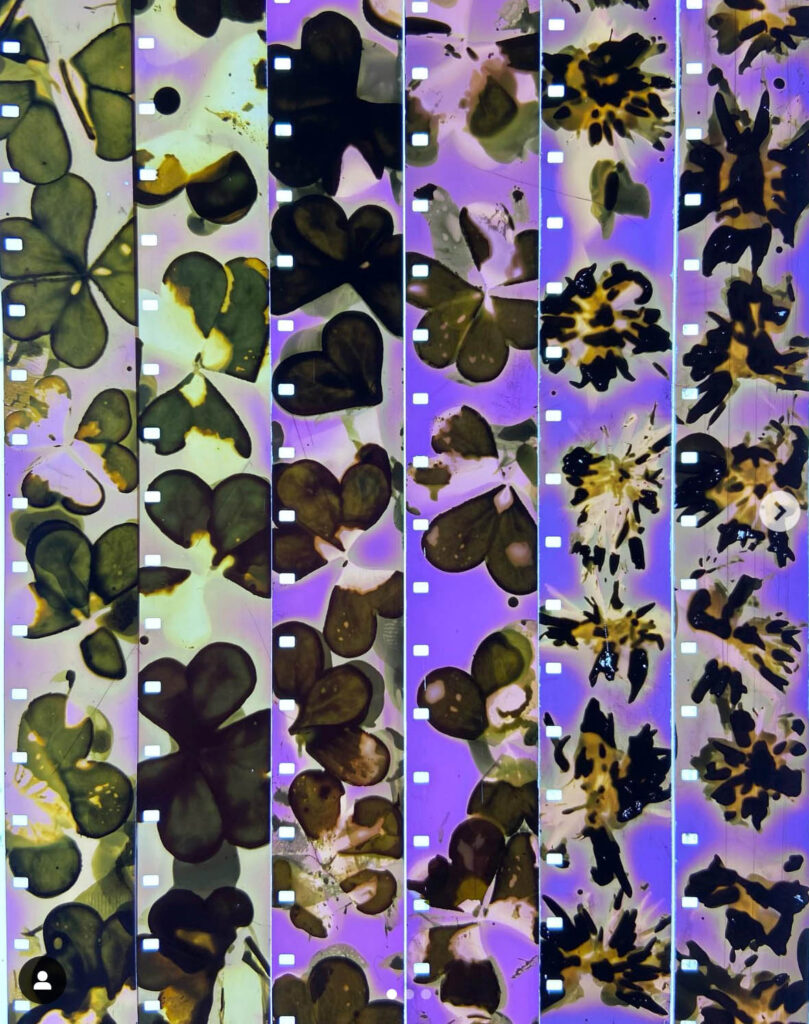
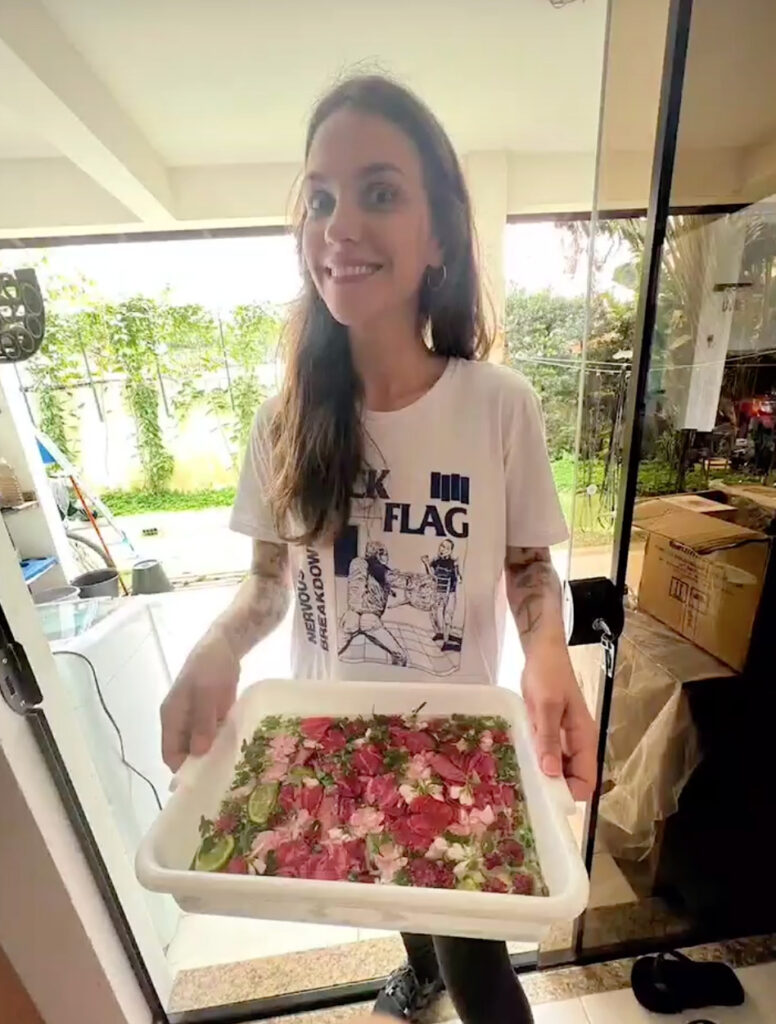
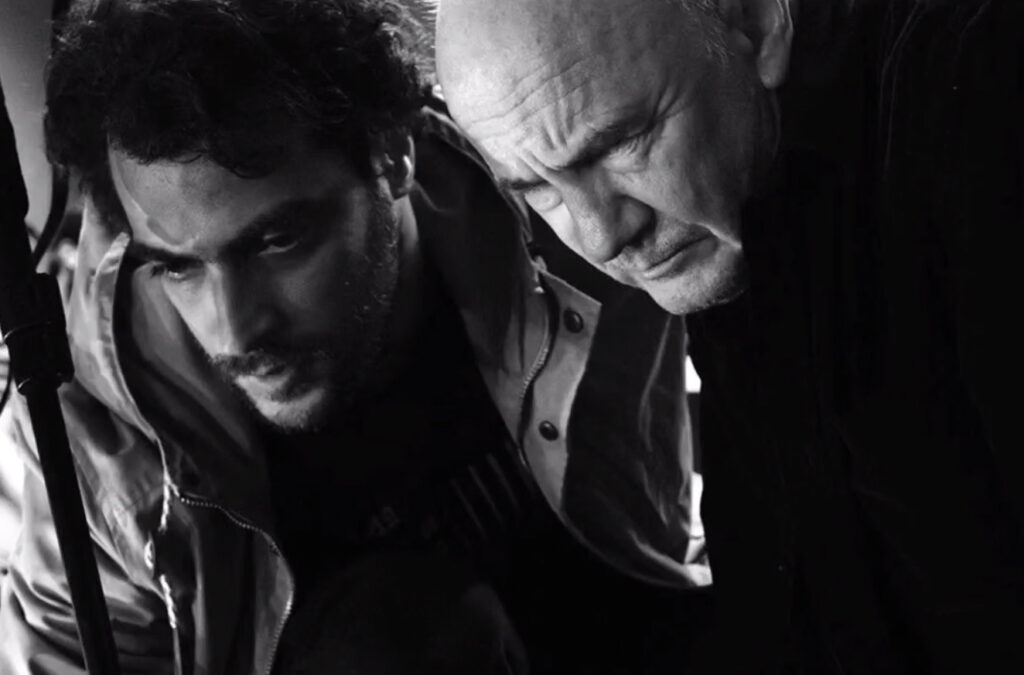
endings at Ribalta Film Festival
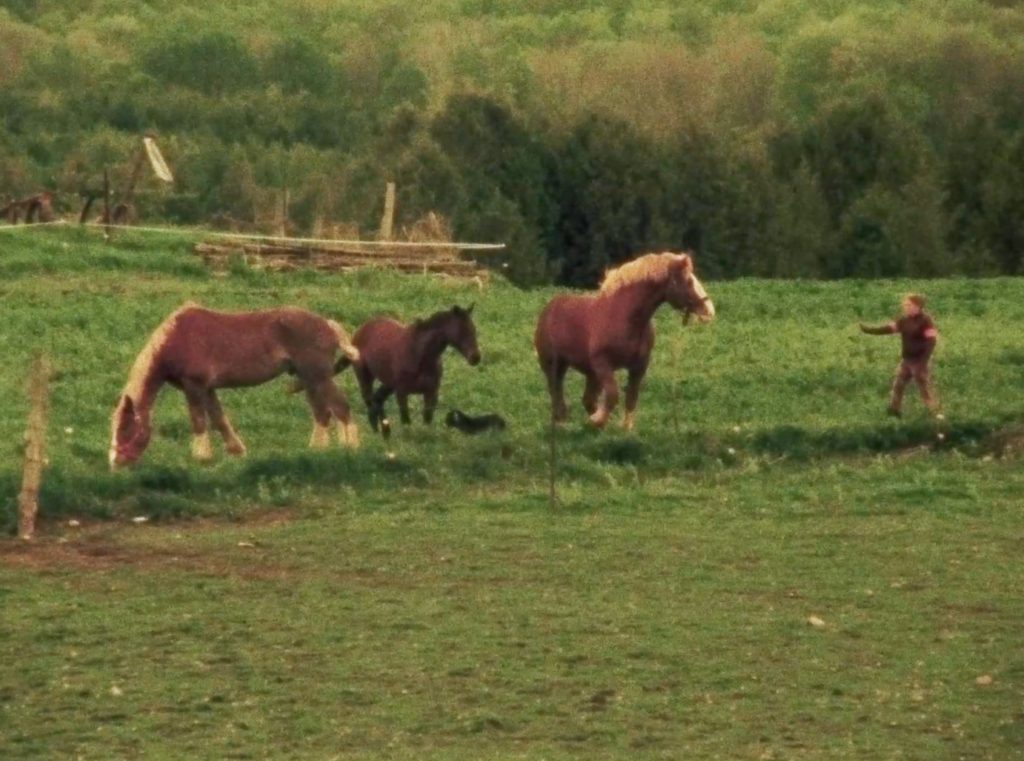
Award for endings Ribalta Film Festival, Italy
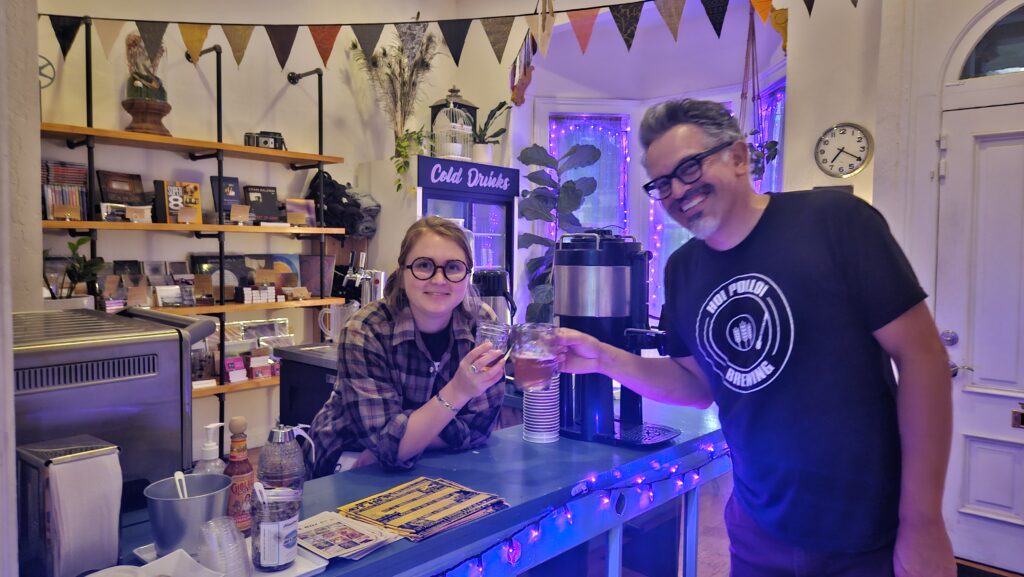
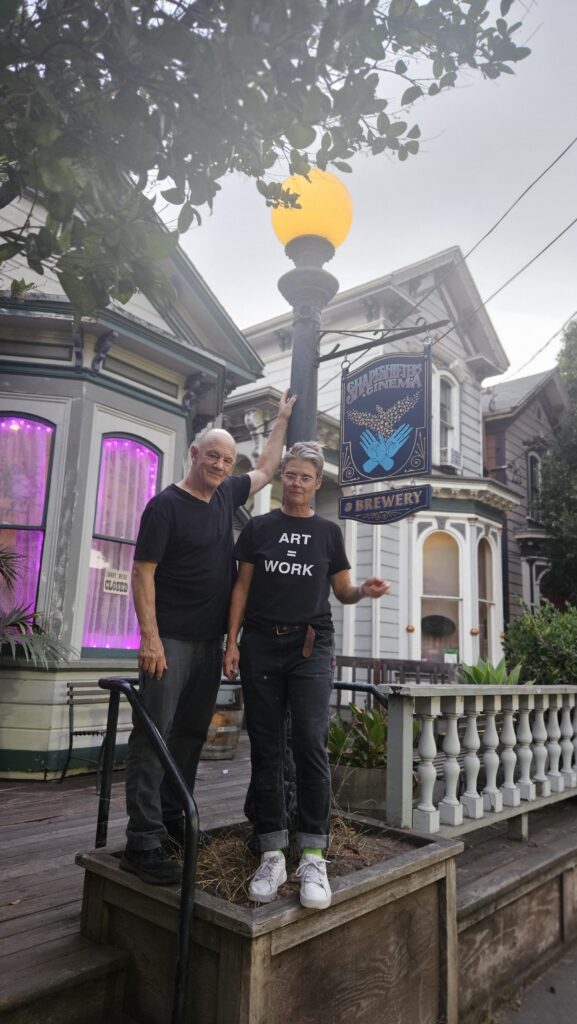
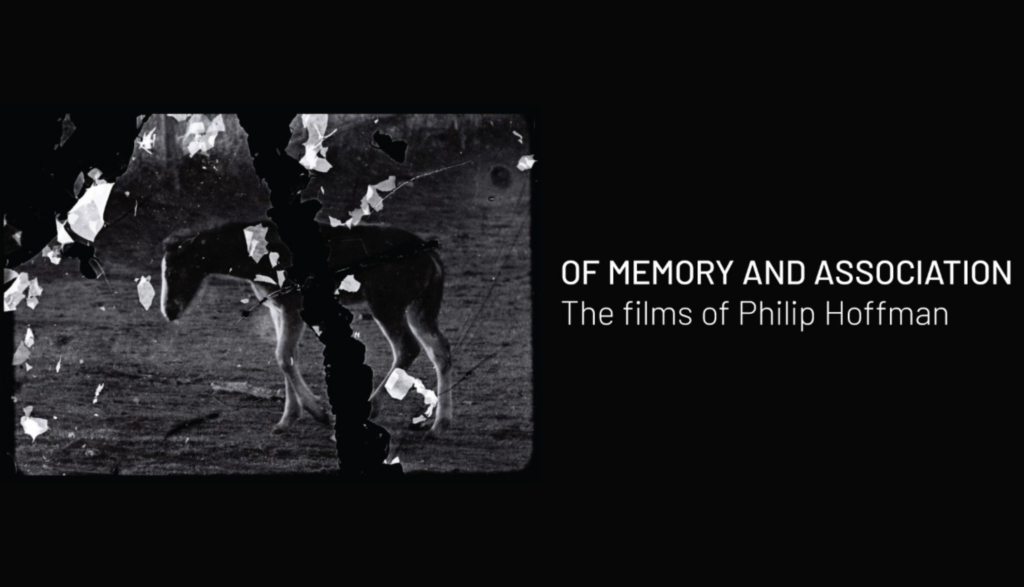
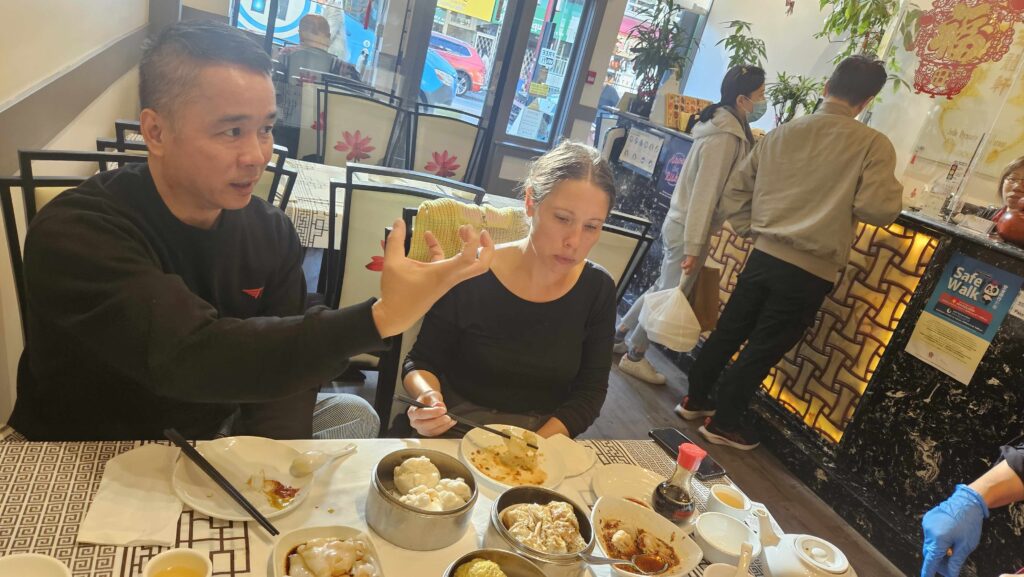
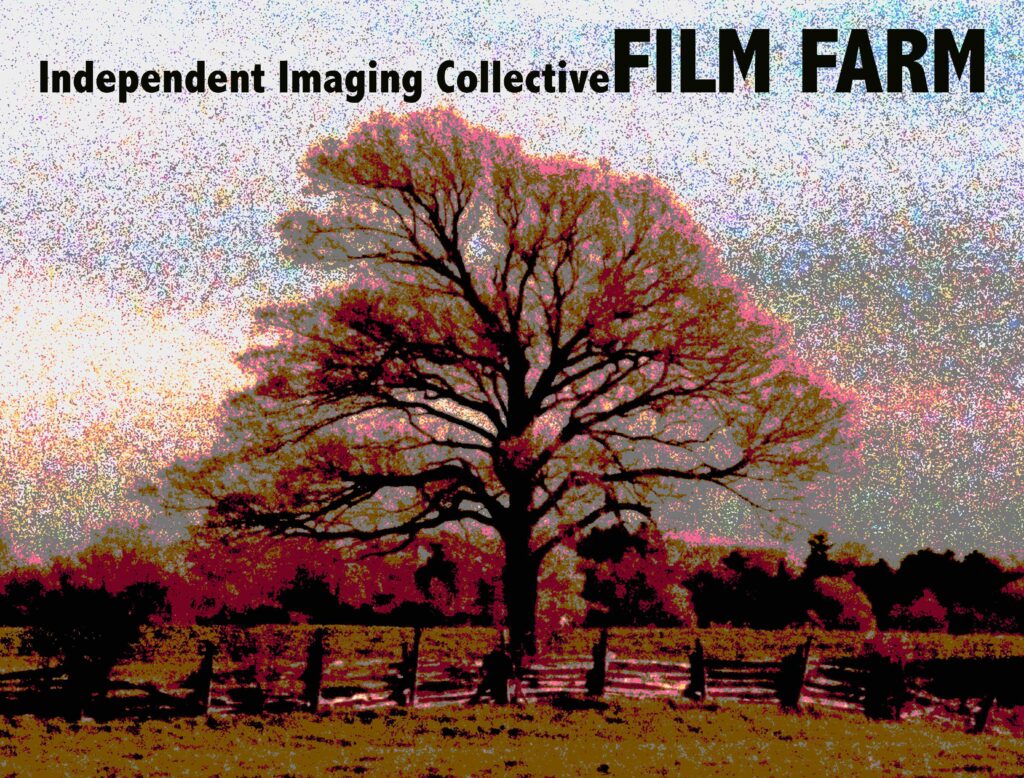

Archive tour with Craig Baldwin September 21, 2024!
CANYON CINEMA SALON, SAN FRANCISCO
vulture & Film Farm Films (by Maïa Cybelle Carpenter & Markus Maicher). Program curated by Brett Kashmere: Continue reading endings at Ribalta Film Festival
Deep 1 @ Simon Fraser University, B.C. & Ribalta Fest, Italy (Review)
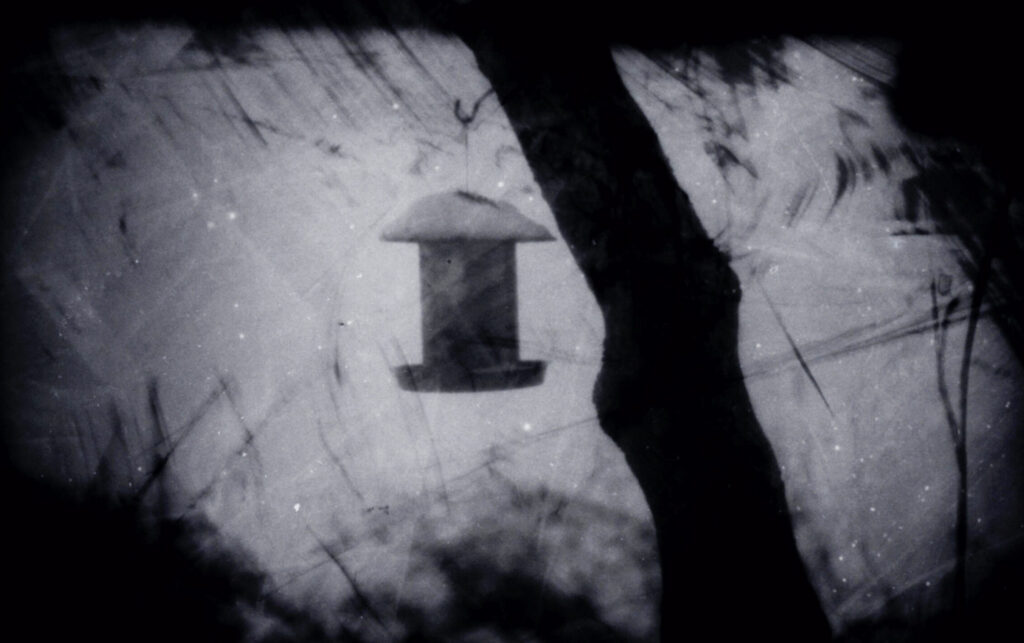


The Gāyatrī mantra of the Ṛigveda sets-up the entire short film: it is the mantra itself that creates the atmosphere of darkness, followed by the first creation: the tree, which contains the identity of darkness as if it were its visible matter…. (see below) “Deep 1” Ribalta Film Fest Review
`Deep 1′ preview
DEEP 1 (2023, 15 min, HDV or 35mm)
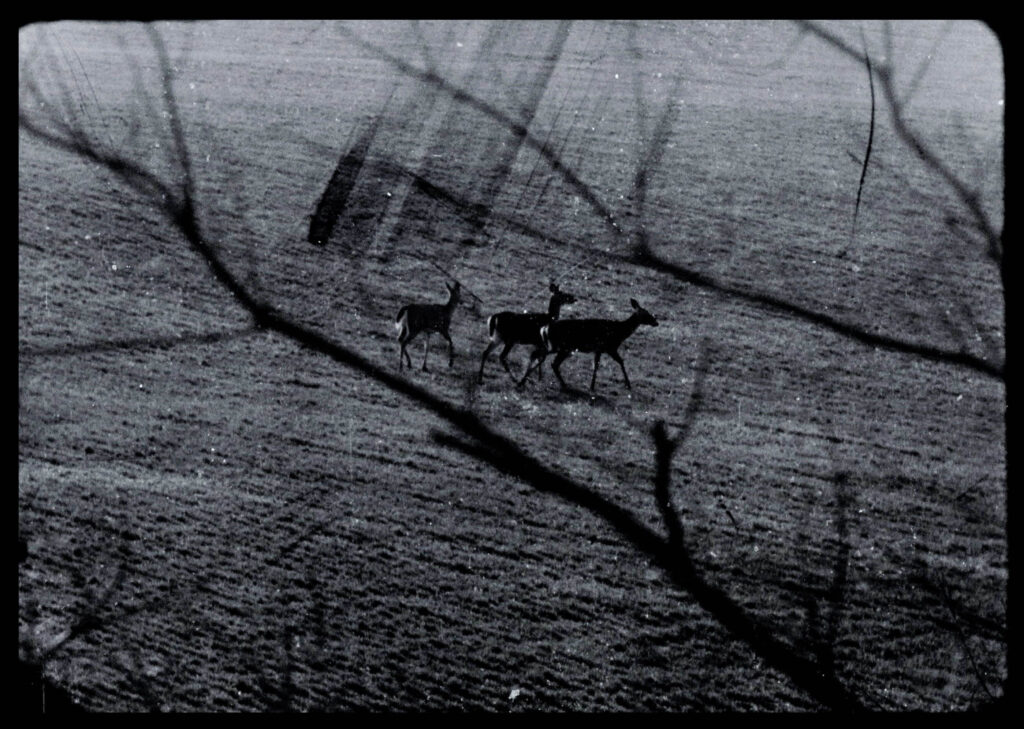
Hoffman on `Deep 1′
…more on Hoffman’s films
Stan Brakhage on `passing through/torn formations’
“passing through/torn formations accomplishes a multi-faceted experience for the viewer—it is a poetic document of Family, for instance—but Philip Hoffman’s editing throughout is true to thought process, tracks visual theme as the mind tracks shape, makes melody of noise and words as the mind recalls sound.”
PASSING THROUGH/TORN FORMATIONS (1988)
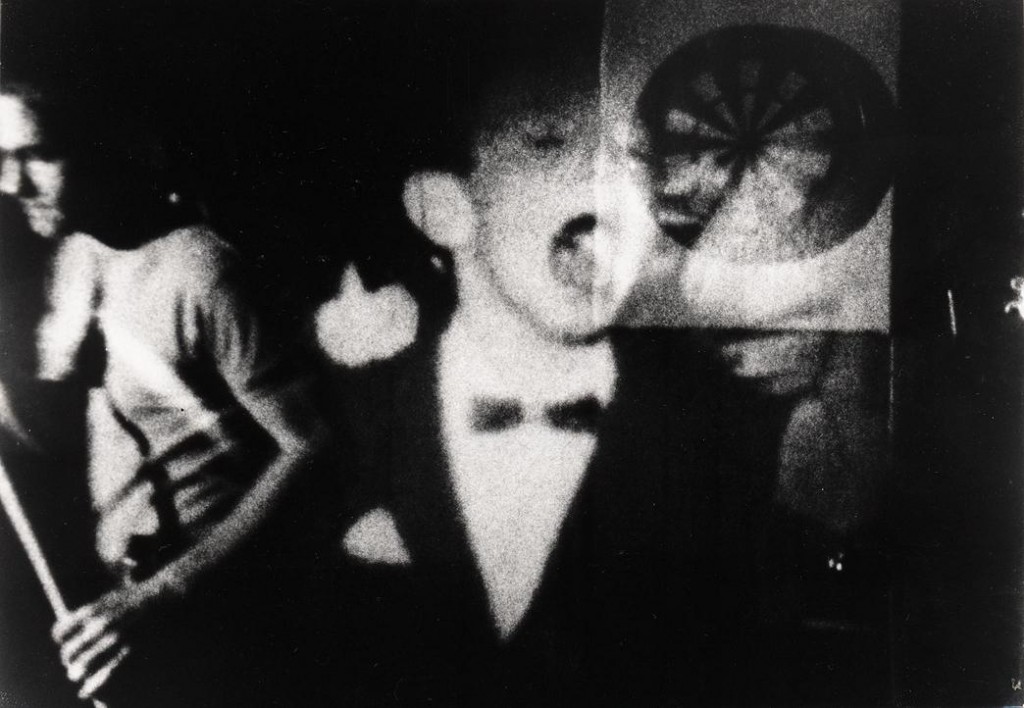
`passing through/torn formations’ preview
Mike Hoolboom on `passing through/torn formations’
Hoffman’s sixth film in ten years, passing through/torn formations is a generational saga laid over three picture rolls that rejoins in its symphonic montage the broken remnants of a family separated by war, disease, madness and migration. Begun in darkness with an extract from Christopher Dewdney’s Predators of the Adoration, the poet narrates the story of ‘you,’ a child who explores an abandoned limestone quarry….The film’s theme of reconciliation begins with death’s media/tion—and moves its broken signifiers together in the film’s central image, ‘the corner mirror,’ two mirrored rectangles stacked at right angles. This looking glass offers a ‘true reflection,’ not the reversed image of the usual mirror but the objectified stare of the Other. When Rimbaud announces ‘I am another’ he does so in a gesture that unites traveller and teller, confirming his status within the story while continuing to tell it. It is the absence of this distance, this doubling that leads the Czech side of the family to fatality.
complete Cinema Canada review by Mike Hoolboom on `passing through/torn formations’ Continue reading Deep 1 @ Simon Fraser University, B.C. & Ribalta Fest, Italy (Review)
Deep 1 (2023)
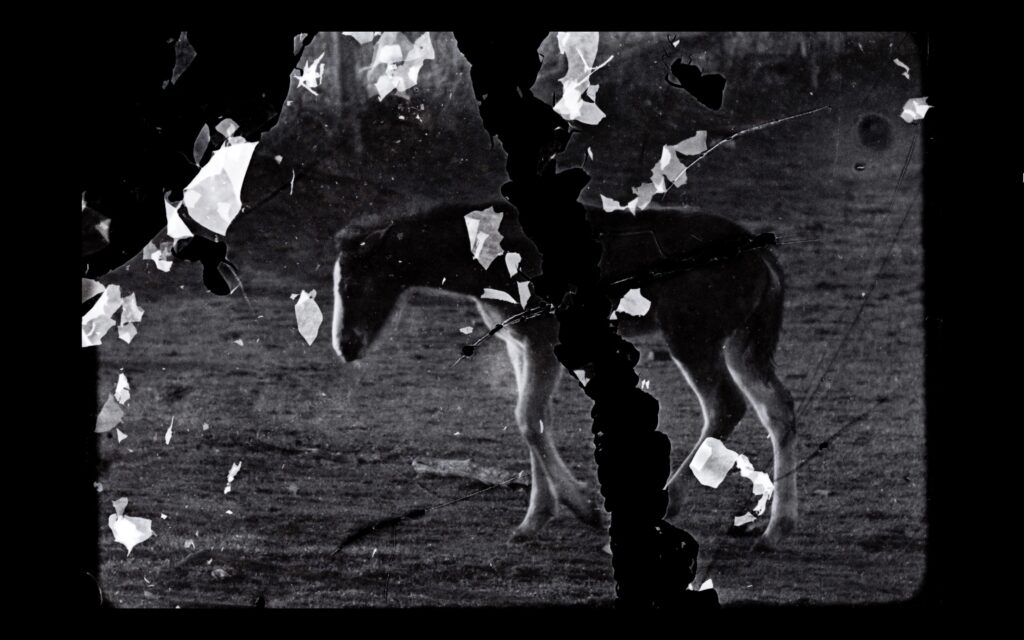
Deep 1 (14:30, 2023)
Filmed over 2 years (2020-2022), at home and away, Deep 1 is a diaristic meditation, flower/plant processed and decayed with hyacinth and lichen extract. Winged and four legged animals, both wild and domestic, traverse the frame marked by a hand-made practice. Filmed in Mount Forest, Ontario and Dawson City, Yukon. *available on digital & on 35mm
Analogica Festival, Bolzano, Italy 2024 Playhouse Theatre, Hamilton, Ontario 2024 Prismatic Ground Film Festival New York 2024 Shapeshifter Cinema, Oakland 2024 Simon Fraser University, Vancouver 2024 Adhoc, Innis College Toronto, 2024 Revolutions Per Minute Film Festival, Harvard U, Boston 2024 Ann Arbor Film Festival 2023, USA; Jury Award Ribalta Experimental Film Festival 2023, Italy La Escuela Internacional de Cine y Televisión (EICTV) 2023, Cuba Strangloscope Festival, Brasil 2023 16mm Film Festival, Mumbai, India 2023
Opening audio passage from a recording of the “Gayatri Mantra” by mentor/friend Rup Chand (Ann Arbor 1979). He told me that his mother suggested he recite the words when he was in fear.
Om Bhur bhuvah svah Tat savitur varenyam Bhargo Devasya dheemahi Dheeyo yonah prachodayaat — The Rigveda (10:16:3)
“Oh manifest and unmanifest, wave and ray of breath, red lotus of insight, transfix us from eye to navel to throat, under canopy of stars spring from soil in an unbroken arc of light that we might immerse ourselves until lit from within like the sun itself.” (translation from Sanskrit by Ravi Shankar)
About looking at things; envisioning a space “where we are not separated from other things.” – R.H. Blyth
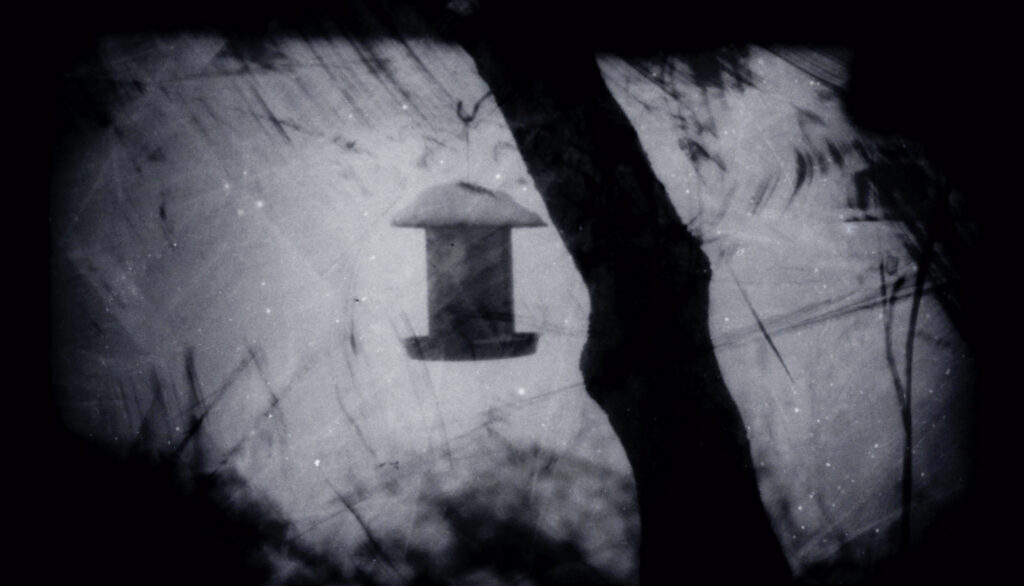
“across the window, birds and beasts look unaware of their decay” –Ph
Still Time in Philip Hoffman’s `Deep 1’
by Lucia Ruggieri, Francesco D’Accia, Matteo Ricci (Ribalta Experimental Film Festival, Italy)
Thankyou Federica Foglia for the Italian to English translation!
The Gāyatrī mantra of the Ṛgveda sets-up the entire short film: it is the mantra itself that creates the atmosphere of darkness, followed by the first creation: the tree, which contains the identity of darkness as if it were its visible matter. Continue reading Deep 1 (2023)
Flowers #1 (2022)

Flowers # 1 (3:18, 2022) By Philip Hoffman & Alexander Granger
This motion picture photogram was made during a 5 hour plunge into the darkroom; a procession of herbs. Séance #3 – Sentir Comme Une Plante
Flowers #3 (Kissed by the Sun)
Flowers #3 (Kissed by the Sun) 10 min., 35mm photogram to HDV, Sil., 2023. By Philip Hoffman in collaboration with Alexander Granger and Jason O’Hara
These motion picture photograms were initiated through a five hour plunge into the darkroom;
remembering the Galician celebration of flowers on the road in Baiona, near Vigo in 2019, here too we made a floral carpet of photograms. –P.Hoffman
A Procession of herbs “emerge in all their structures, colors and epidermis.
The motion picture itself becomes a plant which delicately stretches petioles and petals.” – Séance #3-Sentir Comme une Plante, Muséum National d’Histoire naturelle, Paris.
Process Cinema: Handmade Film in the Digital Age
*Cover photo by C.E. Brown
Janine Marchessault & Scott MacKenzie talk about their new book Process Cinema: Handmade Film in the Digital Age, and how they dreamed up the book at Film Farm! see video
